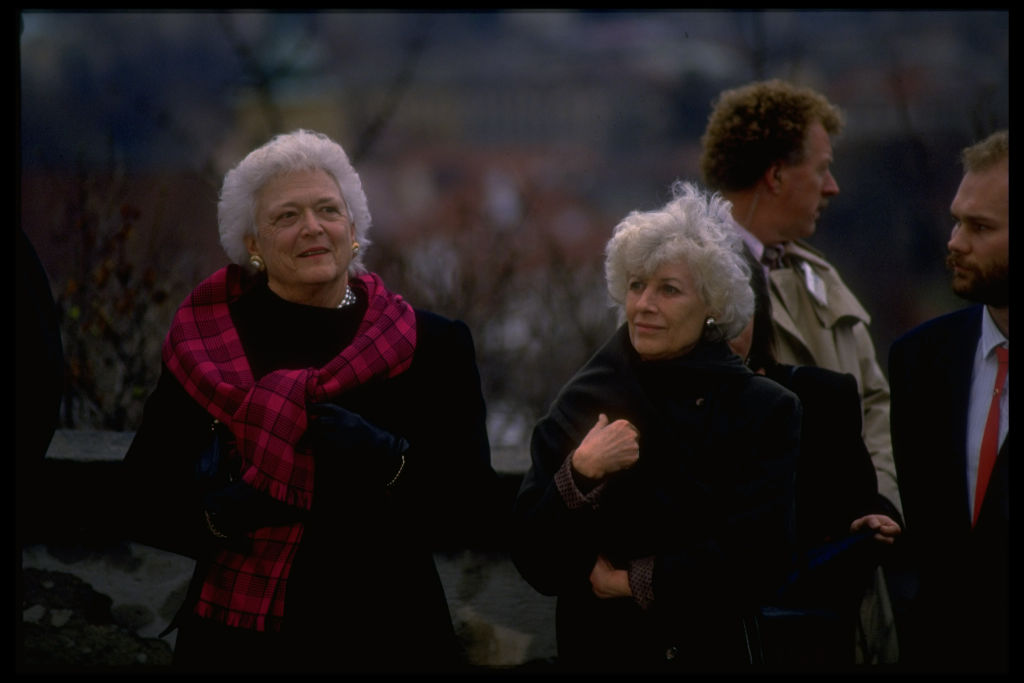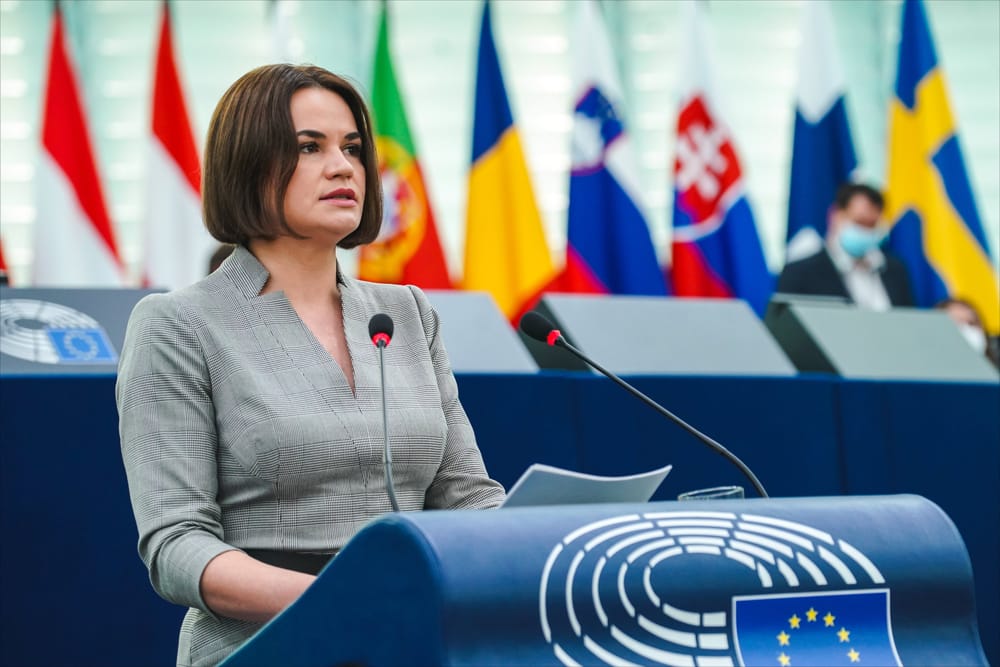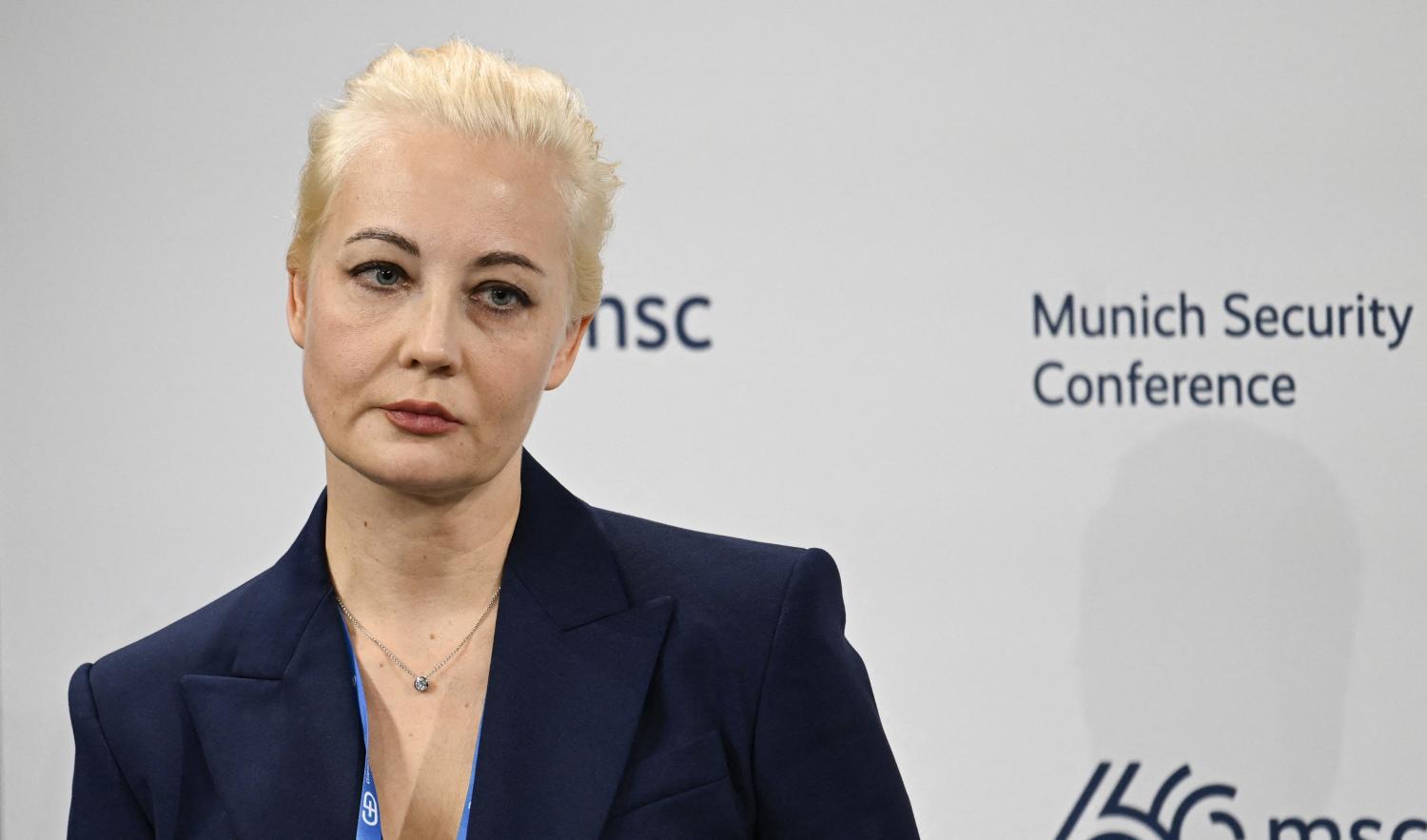In the days that have immediately followed the death of Alexei Navalny, a number of observers have used a quote attributed to Stalin to describe Vladimir Putin’s assumed take surrounding these circumstances: “No man, no problem.” However, in the midst of international outcry over Navalny’s fate and the overwhelming grief expressed by his associates, a singular voice to emerge from the clamour has been that of Yulia Navalnaya and her unyielding commitment to continue the task her now late husband started: the fight against Putin and the Siloviki in order to build a free and democratic Russia.
This is a mission that a number of women have been compelled to undertake, as in many instances the fate of their respective states rested on their continuing to fight against authoritarian regimes to facilitate the transition to democracy.
Yelena Bonner, for instance, had a strong sense of the injustices of the Soviet system. Bonner was a witness to the brutality of Stalinism, with her father arrested and shot during the Great Purge and her mother sentenced to ten years in the Gulag. It was through her involvement in Soviet dissident circles that her second husband, the physicist and Nobel Peace Prize laurate Andrei Sakharov, became a central figure within the movement, stating it was Bonner’s influence that prompted Sakharov to “devote more and more attention to individual victims of injustice”. Bonner herself was a founding member of the Moscow Helsinki Group, an organisation formed in 1976 to monitor Soviet compliance with the Helsinki Accords and to report to the West on Soviet human rights abuses, and both she and Sakharov were involved in the establishment of the now banned Memorial organisation. When Sakharov was subject to internal exile, Bonner continued to publicise her husband’s plight and focus on their mutual activism work, often at the cost of her own health and wellbeing.

When the late Czech playwright and dissident (and subsequent first post-Communist President) Vaclav Havel was sentenced in 1979 to four-and-a-half years' imprisonment for “subversion”, his first wife Olga Havlova assumed responsibility for much of the dissident activities initiated by Havel. This included continuing to publish Havel’s samizdat publication, Edice Expedice, (Expedition) and supporting the activities of dissident organisations, such as Charter 77 and Committee for the Defense of the Unjustly Prosecuted. Havlova was innovative in her own right, as she was responsible for circulating samizdat versions of translated banned books and co-created Original Videojournal, an underground video magazine reporting on Czech dissident activities. Havlova shared equally in both her husband’s political work as well as the resulting harassment at the hands of the StB (Státní bezpečnost). Ultimately, her efforts to ensure that dissident activities were able to continue, often against insurmountable odds, contributed to culminative events of the Velvet Revolution and fall of Communism in Czechoslovakia.

When the Belarusian dissident Sergei Tikhanovsky was unable to register as a candidate for the 2020 Belarusian presidential elections, due to his being arrested for protest activities immediately prior to the filing deadline, his wife Sviatlana Tsikhanouskaya filed her own candidacy when the electoral commission would not accept a proxy application. Tsikhanouskaya stated that she initially decided to continue campaigning out of love for her husband. But her platform calling for constitutional limitations on presidential terms, free elections and moving away from the supranational Union State of Russia and Belarus resonated with numerous disaffected Belarusians. In the wake of the election, where poll workers engaged in electoral fraud to ensure Alexander Lukashenko’s victory, the Belarusian gave Tsikhanouskaya an ultimatum: to leave the country or be imprisoned and have her children become wards of the state. Tsikhanouskaya was forced to concede defeat, releasing a recorded message to supporters that was tantamount to a hostage video asking them to stand down, but has continued to advocate for Belarus to remain on the international agenda from exile.
As the international community responds to the news of Navalny’s state-sanctioned murder, Yulia Navalnaya has already presented herself as a formidable political force with the potential to solidify popular dissent against Putin. When Navalnaya stood before assembled politicians and diplomats last week at the Munich Security Conference, she asked: “What would Alexei have done in my place? And I’m sure that he would have been standing here on this stage.” While Navalnaya was known to share her husband’s convictions, even describing her as more radical than he was in their mutual political beliefs, she saw her role as one of being a support for her husband rather than as an opposition figure in her own right.
Circumstance has now, unfortunately, dictated otherwise and she has appealed to Russians to “fight harder, more desperately and more fiercely than before”. In this context, Navalnaya has not only assumed the role of her late husband as head of the Anti-Corruption Foundation he helped to establish, she has already emerged to become a new symbol of hope for Russia.
Once again, politics becomes an expression of love and commitment, not only to an individual person but to the ideals and objectives they represented and actively pursued.

